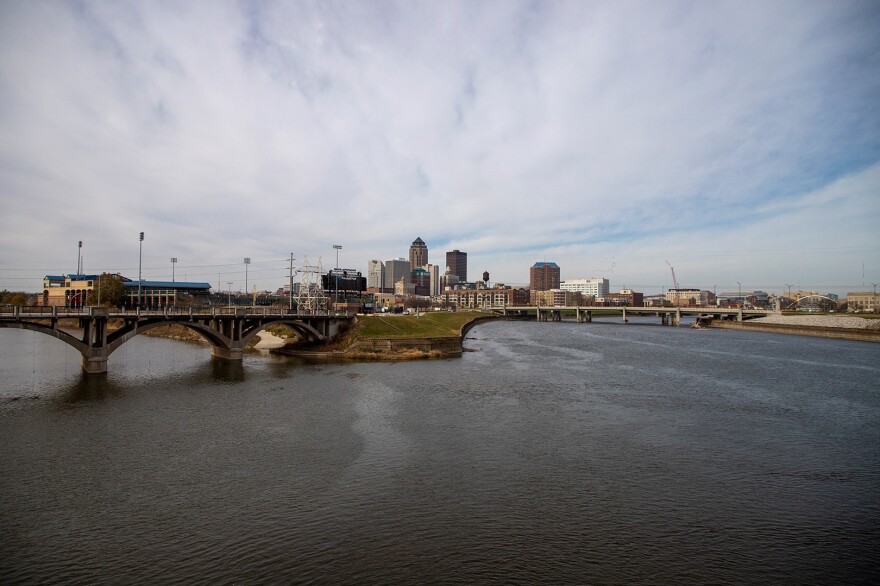Participants have been selected for a pilot program that will provide basic income support to low-income residents in central Iowa.
Starting May 15, 110 people in Polk, Dallas and Warren counties will receive $500 per month for the next two years. They were randomly selected from 6,000 applicants for the program, called UpLift.
Similar basic income programs have been started in places such as Stockton, California and Jackson, Mississippi. There are no restrictions on how the money can be used. Project coordinator Michael Berger said that’s to allow participants to use the money where it’s needed most.
“Basic needs, especially with the population we’re working with, their needs fluctuate from month to month,” Berger said. “So that’s why our approach to it and our perspective is, okay, if you give people the money to meet their needs and then let them determine how best to meet those needs, what is the result and outcomes of that approach.”
In order to qualify for the payments, applicants must earn less than 60% of the median income for the area, or up to $59,190 annually for a family of four. More demographic information about the participants will be shared in May.
Before signing on for the program, all 110 individuals went through a process to learn how the payments will work and how the increase in monthly income could affect their eligibility for public benefits programs such as food assistance through SNAP or health care through Medicaid.
“We used a benefits calculator and certified benefits counselors to go through that so families could see how the income would impact those benefits, and then they got to make the choice that they would still like to participate or not based on those calculations,” said project coordinator Ashley Ezzio.
Researchers will survey participants every six months to keep track of their finances and quality of life over the two years they receive basic income through the program. They will also identify a control group of residents from the same pool of applicants who will not receive the money.
“These community members are living in very complex systems and it’s hard to isolate the impact of one thing, and so the only way we can really know for certain the impact of this unrestricted basic income is to compare it with another group of similar individuals,” said Dr. Rachel Reimer, chair of public health at Des Moines University, which is leading a study of the program's results.
Funding for UpLift comes from private and nonprofit foundations as well as federal pandemic relief money allocated through local governments including Polk County and the cities of Des Moines, Urbandale and Windsor Heights.




